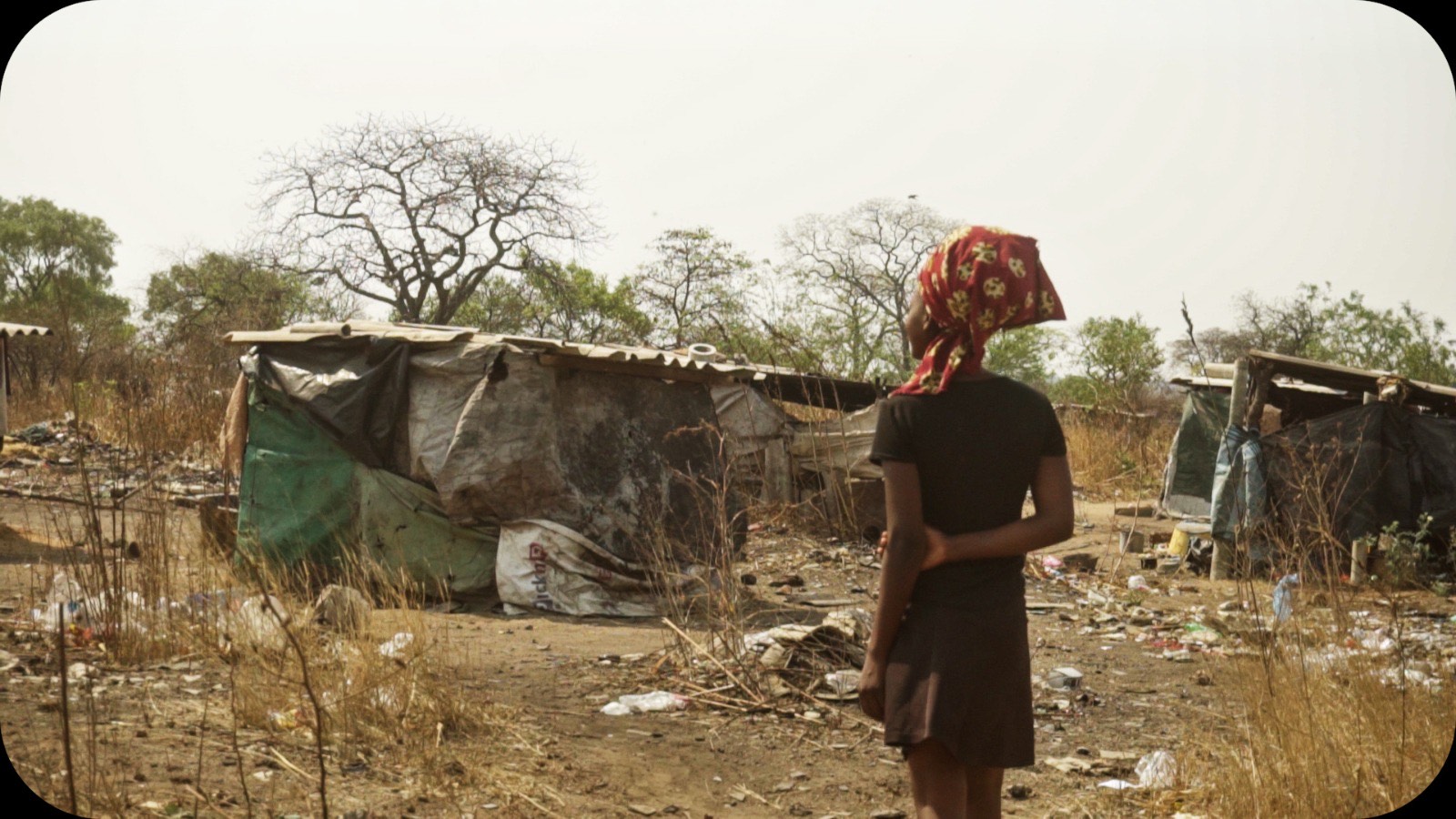By Ndumiso Tshuma
A new documentary film, titled “Sex, Rights and Survival,” has highlighted the challenges faced by young girls and boys living at the Richmond Landfill Site, popularly known as Ngozi Mine.
These challenges include child marriage, gender-based violence, teenage pregnancies, HIV/AIDS, and limited access to healthcare.
It was produced by Lonesome K Tapiwa and was officially launched on Friday at the National Gallery in Bulawayo, Friday, with various stakeholders from around the country in attendance.
The dumpsite has become home to hundreds of illegal settlers who live in squalid conditions are exposed to severe weather conditions and are vulnerable to disease outbreaks.
The community members live in shacks made of plastic and metal sheets and struggle to obtain basic services such as water, education, legal documentation, and healthcare.
Tapiwa said he was inspired to make the documentary to break the silence surrounding SRHR challenges faced by the underprivileged in Zimbabwe.
“The documentary aims to authentically capture the experiences of young girls, celebrate their resilience, and advocate for transformative change,” Tapiwa said. “Through intimate portrayals of girls from diverse backgrounds, the film offers a raw and unfiltered look into their daily struggles, aspirations, and vulnerabilities as they navigate the complexities of teenage pregnancy, sexually transmitted infections (STIs), and HIV.”
Tapiwa called for comprehensive reproductive health education to empower both girls and boys to make informed choices about their bodies and relationships.
“Through education and opportunity, the film brings to light how equipping girls with skills and economic independence can challenge harmful gender norms and enhance their freedom,” he said. “The symbolic portrayal of the Ngozi mine serves as a reminder of the harsh realities of poverty and environmental degradation that worsen the social challenges faced by girls in Zimbabwean communities.”
He added that the documentary is a call to action for policymakers to safeguard the well-being of girls and address systemic barriers to their empowerment.
Attendees at the launch called for stakeholders to improve the living conditions of the Ngozi mine community. Some advocated for their relocation to proper areas with access to basic services.
Ward 17 Councillor Sikhululekile Moyo, who represented the local authority, said there have been attempts to address the challenges faced by the Ngozi mine community.
“The council does not have a budget to supply water to Ngozi Mine because it is an illegal settlement and also a city council dumpsite,” Moyo said. “We have, however, tried to relocate them to other areas, but they keep returning to this area because it’s a mine area where money is generated. So even with attempts to relocate them, they keep coming back.”
“The last time we tried to do a project with them that could help them generate income, most of the equipment we bought for them was sold by the squatters for personal use,” she said. “We need to come up with a better strategy to educate the residents.”

